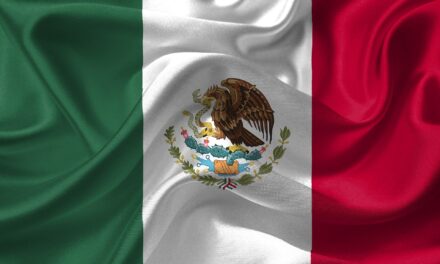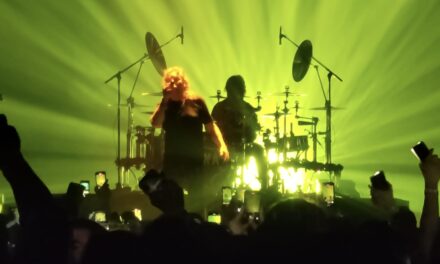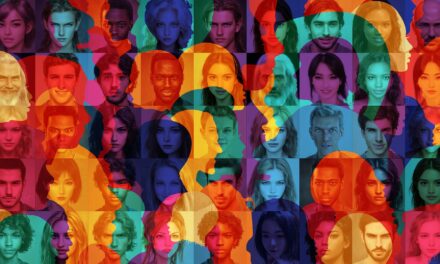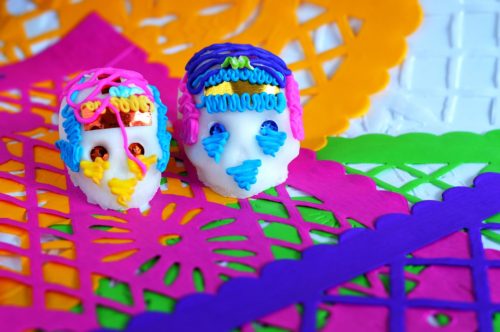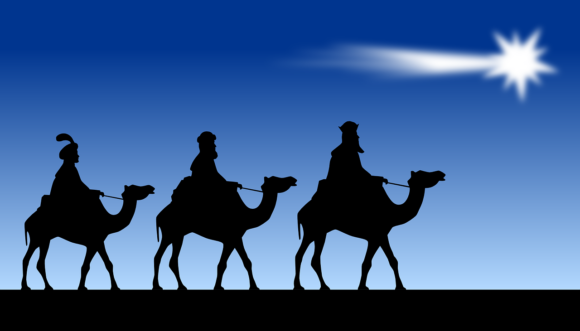Heritage is our legacy from the past, what we live with today, and what we pass on to future generations. Our cultural and natural heritage are both irreplaceable sources of life and inspiration that offer us a strong cultural identity, resilience, and strength to survive in our changing worlds. Día de Muertos for us in San Antonio is an occasion for remembrance and celebration of those who came before us.
El Día de Muertos is celebrated primarily in Latin American countries and now in the United States. Día de Muertos is celebrated on November 1st, All Saints Day and November 2nd, All Souls Day.
On these days, it is believed the dead come from the beyond to visit with the living. Families gather to welcome souls of the dead to the altars set up at home and in the cemetery. The smells of burning copal and pungent cempasuchil mingle with aromas of fresh breads, sweets, and candles. Special foods are prepared, such as mole, and pan de Muertos is baked. It is a time of recuerdo (remembrance), a time where the living relate to their dead in direct and familiar ways.
Dia de Muertos is believed to have its origins in the Aztec culture and later fused with traditional European religious beliefs. Owing to ancient indigenous beliefs, life and death are considered components of a singular life process. Therefore, el Día de Muertos is a convergence of the Roman Catholic Church and Aztec traditions.
But with a growing cultural awareness, the revitalization of our heritage, and with the fact that the remembrance of loved ones is a natural need, Día de Muertos is becoming more popular. But more than anything else celebrating Día de Muertos allows the living to once again share in the joy and love of their departed ones, not in a solemn fashion, but in a joyous festival celebration of death and life. We have to understand and draw strength from our past, for our beliefs and values are central to reimagining our city’s identity and our own. In this time of major cultural changes within our country and city, cultural responses are of special significance, because it is the vigorous nature of cultural traditions such as Día de Muertos that can help us adapt and negotiate within our city.
San Antonio is a bicultural city. Our roots are Mexican, as is our culture, our food, history, and our symbols. Our culture gives us authenticity, depth, vivaciousness, and uniqueness, it gives us a distinct cultural identity. We are one of the 5 unique cities in the USA, our five missions are World Heritage Sites and now, as a UNESCO City of Gastronomy. But the underpinnings of our cultural being cannot be erased and are fundamental to us calling San Antonio, a City of Culture.
We must take pride and celebrate the rich culture in our city,we must open our minds to new thoughts, new points of view, and expand our world through el Día de Muertos. Celebra quién eres, celebrate who you are.
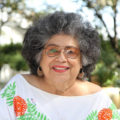
Dra. Ellen Riojas Clark
Profesora Emérita del Departamento de Estudios Bilingües y Biculturales de la Universidad de Texas en San Antonio.

